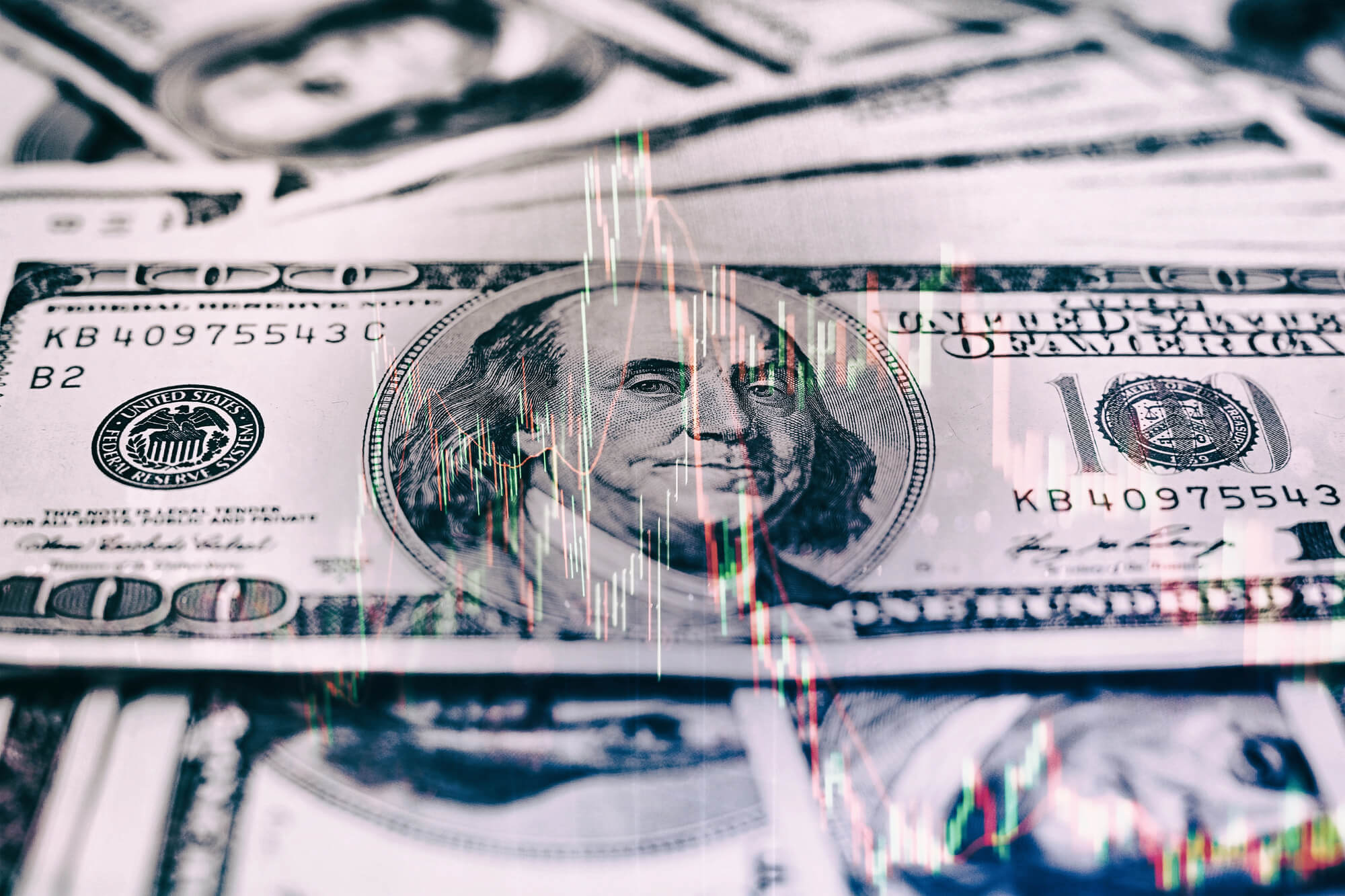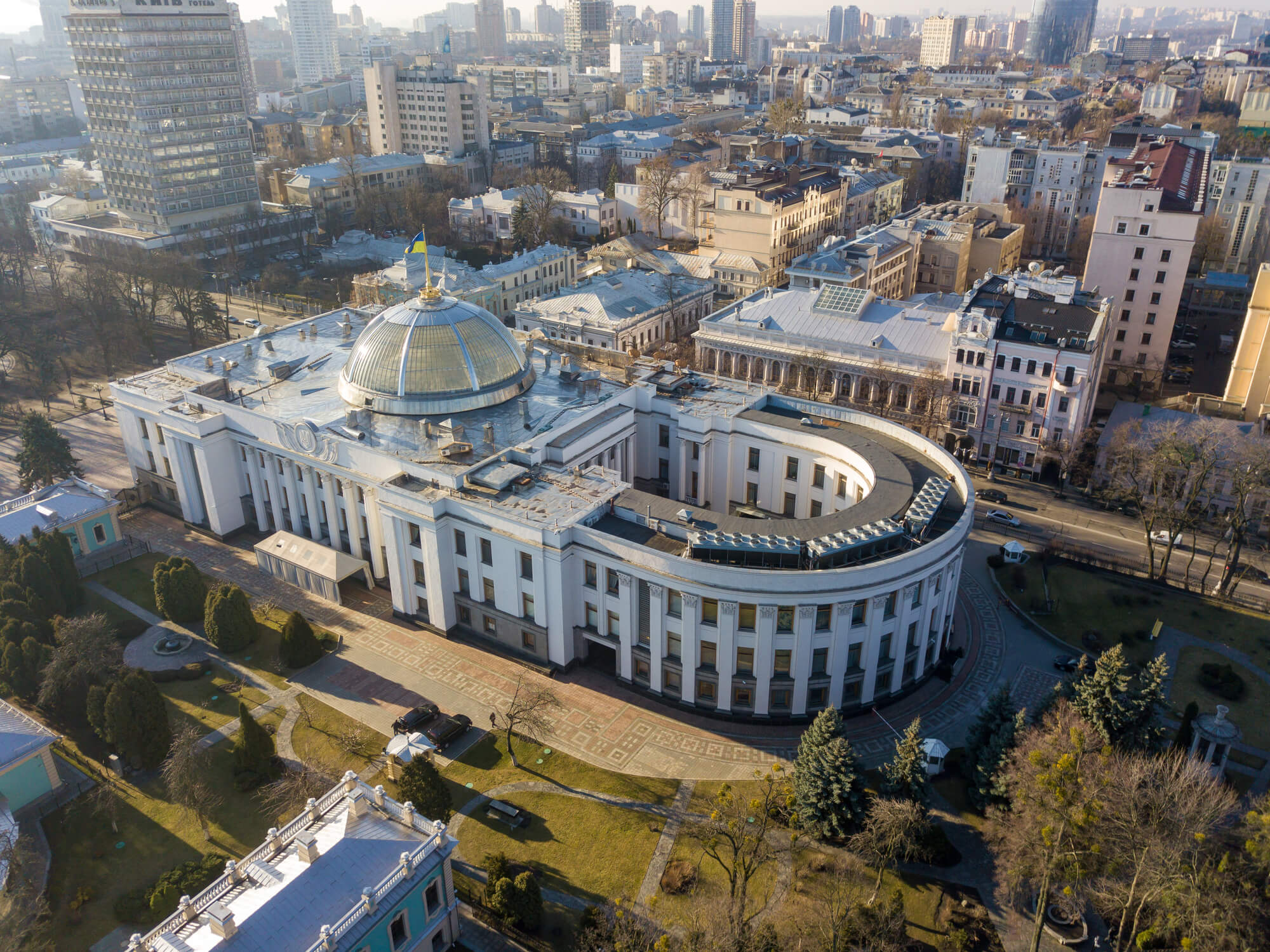The adoption of law on preventing and combating political corruption is just the first step on the path to the radical change of political rules in Ukraine. It is necessary to continue this work in two directions. One is the implementation of the adopted provisions and the other is the reduction of the overall expenditures of political parties. In what concerns the latter, a special consideration should be given to the generally accepted European practice of limiting political advertising and developing the mechanisms of indirect public funding of parties (e.g. providing free and equal access to air time on national television).
Very often during the elections, we witness “the fight of purses” instead of the competition among political ideas. It ranges from commonplace vote buying to intrusive and meaningless election campaigns. Yet “he who pays the piper, calls the tune”. Thus, if political parties are financed by certain individuals and not by society, parties will probably serve the interests of those individuals instead of society. One clear example of high-profile corruption is the case of blocking the adoption of the laws that stipulate the procurement of medicines through international organisations.
Currently, society can only guess who finances its political parties, because until recently, the law did not require disclosing details on sources of financing. For example, many reports (available on the CEC site) of political parties miss the information about their expenses, and some reports miss details on the sources of revenues. Anyway, the “source of financing” under the title “own funds” does not help understand precisely what the sources of these “own funds” are. Election campaign expenditures by parties in Ukraine are quite large – e.g. political parties spent 674.5 mln UAH in the 2014 elections. This year’s local elections cost more than 280mln UAH in Kyiv alone. Actual expenditures are even higher due to shadow financing.
The newly adopted law on preventing and combating political corruption aims at changing the status quo.
This law toughens the requirements to the transparency of sources of financing and to reporting by political parties. The law also introduces public funding of political parties. Let us look at the key novelties in the law.
Transparency in party financing
Probably the most important element of the newly adopted law is the introduction of obligatory quarterly financial reporting by political parties. From now on, all the parties have to disclose all the details on their property, funds, financial assets and obligations every three months. It is hugely important that, from now on, reports will contain the complete information about all donations made to the party and its local branches, disclosing the identity of donors and the size of every contribution. Moreover, all the information about payments from the party’s account will be disclosed, including the destination and the purpose of payments. Furthermore, all reports will be made publicly available online on the website of the National Agency for the Prevention of Corruption. Thus, conditions for the double control, on the part of the authorised government agency and on the part of the civil society, are created.
All parties will have to undergo an annual internal financial audit. If a party has taken part in elections of any level or is eligible for receiving public funding, it has to undergo an external financial audit. Moreover, the law included clear requirements concerning the audit companies which have the right to provide services of this kind. The law prevents a given audit firm from performing an audit of the same party more than three years in a row. These conditions provide for higher credibility of audit conclusions. Conclusions of both internal and external audits must be attached to financial reports and become publicly available.
The financial openness and transparency will help finally reveal who funds the political parties’ activities, who has the influence and power, and which parties might become lobbyists of business interests in the government. Admittedly, this may lead to an increase in the scale of shadow financing through the creation of separate accounts and the subsequent transfer of non-reported funds. Yet even in such cases, it will be possible to note the difference between the real expenses of a party (which can be estimated by looking at the scale of political advertising) and its officially reported expenditures. This can lead to a more detailed investigation of this political party’s activities.
Limiting the possibility of donating in favour of political parties
The Table 1 lists the permitted and prohibited sources of financing of political parties (according to the old and new laws).
Table 1. Sources of financing of parties
| Funding entities | Provisions in the previous version of the Law “On Political Parties in Ukraine” | New provisions of the law |
| Private enterprises | Yes. The size of a donation is not limited. | Yes, except for the enterprises owned by the individuals that are authorised to fulfil the functions of state or local authorities; or individuals that have received a public contract in accordance with the Law “On Public Procurement”, during the contract validity and during one year after its expiration.
The maximum annual size of a donation is limited to the sum of 800 minimum salaries. If several legal entities have the same beneficiary-owner, the limit on the donation size applies to the sum of their donations. |
| Government bodies | No | No |
| Local authorities | No | No |
| State and municipal enterprises | No | No |
| Companies partly owned (less than 10%) by the state, local authorities or non-residents | No | Yes |
| Non-resident companies | No | No |
| State budget | No | Yes, 0.02% of the minimum salary * number of voters that voted in the elections |
| Other countries | No | No |
| International organisations | No | EU-based |
| Other political parties and associations of parties | No | EU-based |
| Charity, civil society and religious organisations | No | Only those that are registered |
| Individuals | Unlimited contributions possibility | Yes, except for donations from the minors, disabled, anonymous and pseudonymous sources; the maximum size of a donation is limited to the 400 minimum salaries annually. |
One substantial change is the permission to receive donations from the EU-registered international organisations, political parties and their associations. On the one hand, this provision is going to facilitate a quicker integration of Ukrainian political entities into the European political framework and their incorporation into ideologically based associations or coalitions of parties. It may become more beneficial for parties to engage in genuinely ideological activities rather than to remain a “business interests club” or a mere political vehicle of its leader. On the other hand, other countries or their legal entities might be able to fund political parties via the countries that do not prohibit donations from non-residents (e.g. Belgium, the Netherlands, and Austria). However, due to the increased transparency of financing, such transactions will draw more attention.
The maximum size of an annual donation from individuals or legal entities is also limited to the sum of 400 and 800 minimum salaries respectively. One of the introduced provisions ensures that contributions from several legal entities that have the same beneficiary are viewed as a donation from one person. Moreover, “in kind” contributions (goods and services sold, labour) are also viewed as donations. Limiting the amount of annual donations aims at diversifying source of party financing as well as decreasing their dependency on one individual or entity. Yet this provision might not be very fruitful, because it is still possible to finance parties through intermediaries. However, thanks to the transparency provisions, it will be easier to reveal such connections.
Controlling the financial activities of political parties
The corresponding powers are granted to the National Agency for Prevention of Corruption, the Central Electoral Committee, and the Accounting Chamber of Ukraine. It is currently impossible to assess the efficiency of this model of control, because the National Agency has not started its activities yet, and a new law on the Accounting Chamber has been adopted just this year.
The new law envisages the administrative and criminal responsibility of authorised individuals for reporting untruthful information on party finance or failing to report at all. The same responsibility applies to those who breach the provisions concerning the financing of parties.
Public funding of statutory activities of political parties
The introduction of public funding of political parties and compensating political campaign expenses is the cornerstone of the new law.
The annual size of public funding is set at the 0.02% of minimum salary as of 1st January of a previous year multiplied by the number of voters who cast their votes in the latest parliamentary elections. There is a caveat though: the size of funding depends on the voter turnout in the latest parliamentary elections. A clear tendency towards lower voter turnout is observed since 2006 (69.8% in 2006 compared to 54.42% in 2014). It is probable that this tendency will continue. The reasons behind the trend include a loss of faith in politicians, low political culture of the citizenry, conscious decisions by many not to take part in political life. Parties will now be motivated to encourage the political activity of voters.
The right to obtain public funding of statutory activities will be given to the parties that get at least 2% of votes on the countrywide level. However, only the parliamentary parties will be publicly funded since 2017. The 2% rule will start working only after the next parliamentary elections. Only those parties who pass the parliamentary elections threshold will get the right to receive the compensation for their campaigning expenses. This gives a certain head start to the parliamentary political parties.
All the public funds available for this purpose will be divided among parties according to the number of votes they get. An additional 10% of funds will be divided among the parties that get no more than 2/3 of candidates of the same gender elected.
The compensation for actual electoral campaign expenditures is provided for. Yet it must not exceed the maximum limit of the electoral fund (which equals 90000 of minimum salaries, which is currently about 124 mln UAH, according to the Law “On Elections of People’s Deputies”). Limiting the size of election campaign funds might contribute to the continuation of shadow financing. Therefore, in the future, it would be much more efficient to limit the size of political campaign expenditures instead, e.g. by limiting political advertising.
Conclusions
The adopted law radically changes the rules of political game in Ukraine, gradually bringing them closer to the European traditions. New provisions increase the importance of state as a regulator of political finance, thus decreasing the scale of anarchy and chaos in this sector. From now on, parties will have to become completely transparent and accountable to the society.
We have to realise though that the adoption of this law is just the first step on the path to the radical change of political rules in Ukraine. It is necessary to continue this work in two directions. One is the implementation of the adopted provisions and the other is the reduction of the overall expenditures of political parties. In what concerns the latter, a special consideration should be given to the generally accepted European practice of limiting political advertising and developing the mechanisms of indirect public funding of parties (e.g. providing free and equal access to air time on national television).
Attention
The author doesn`t work for, consult to, own shares in or receive funding from any company or organization that would benefit from this article, and have no relevant affiliations



